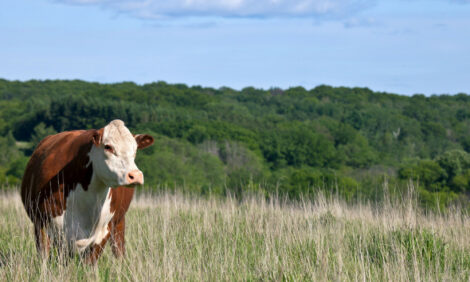



MEPs: EU Countries Should Be Able To Ban GMOs
EU - MEPs from the Environment Committee voted to allow EU countries to ban or restrict the use of GMOs (genetically modified organisms) on environmental grounds, giving them better legal protection in the event of challenges from trading partners opposed to a ban."Our proposal offers states a solid, legal basis," said French Liberal Corinne Lepage, Parliament's draftswoman for the rules. GMOs was just one of the proposals on food quality under discussion this week.
"The report aims to give greater freedom to member states. The draft is balanced and it reflects wishes and concerns of different parties. But we're concerned that there should also be a Community evaluation," Ms Lepage said.
"This vote is a clear signal from the Parliament to the Council and Commission: the EU authorisation system should be maintained but it should be acknowledged that some agricultural and environmental effects, as well as the socio-economic impact linked to contamination, can be cited by Member States to justify a ban or restriction on GMO cultivation," she added. The report is expected to be on the June plenary agenda.
What will change?
Member states will be able to restrict or ban GMO cultivation on agro-environmental grounds, for example pesticide resistance, the invasiveness of certain crops and a threat to biodiversity. But they will not be able to ban them on health grounds.
MEPs expect the inclusion of a ban specifically on environmental grounds to give member states better legal protection in the event of challenges to the GMO ban via the World Trade Organisation.
The changes won't alter the safety approval procedure for GM crops, which is carried out by the European Commission on the basis of an independent risk assessment from the European Food Safety Authority.
What else is on the menu?
Food labelling was under discussion Tuesday (12 April), but there are still differences between MEPs on issues including mandatory labelling of trans fats and extending country of origin indications. The Environment Committee is expected to vote on 19 April.
New rules on food quality were presented to the Agriculture Committee on Monday (11 April), dealing with a quality system for agricultural products, geographical indication and guidelines. It will introduce the compulsory labelling of place of farming and make it easier to promote traditional food.
Following the failure by the Council and EP to agree new rules on novel foods, like clone-derived products or food using nanotechnology, the EP's negotiators are planning to make a statement during the May plenary.
Further Reading
| - | Go to our previous news item on this story by clicking here. |
TheCattleSite News Desk


